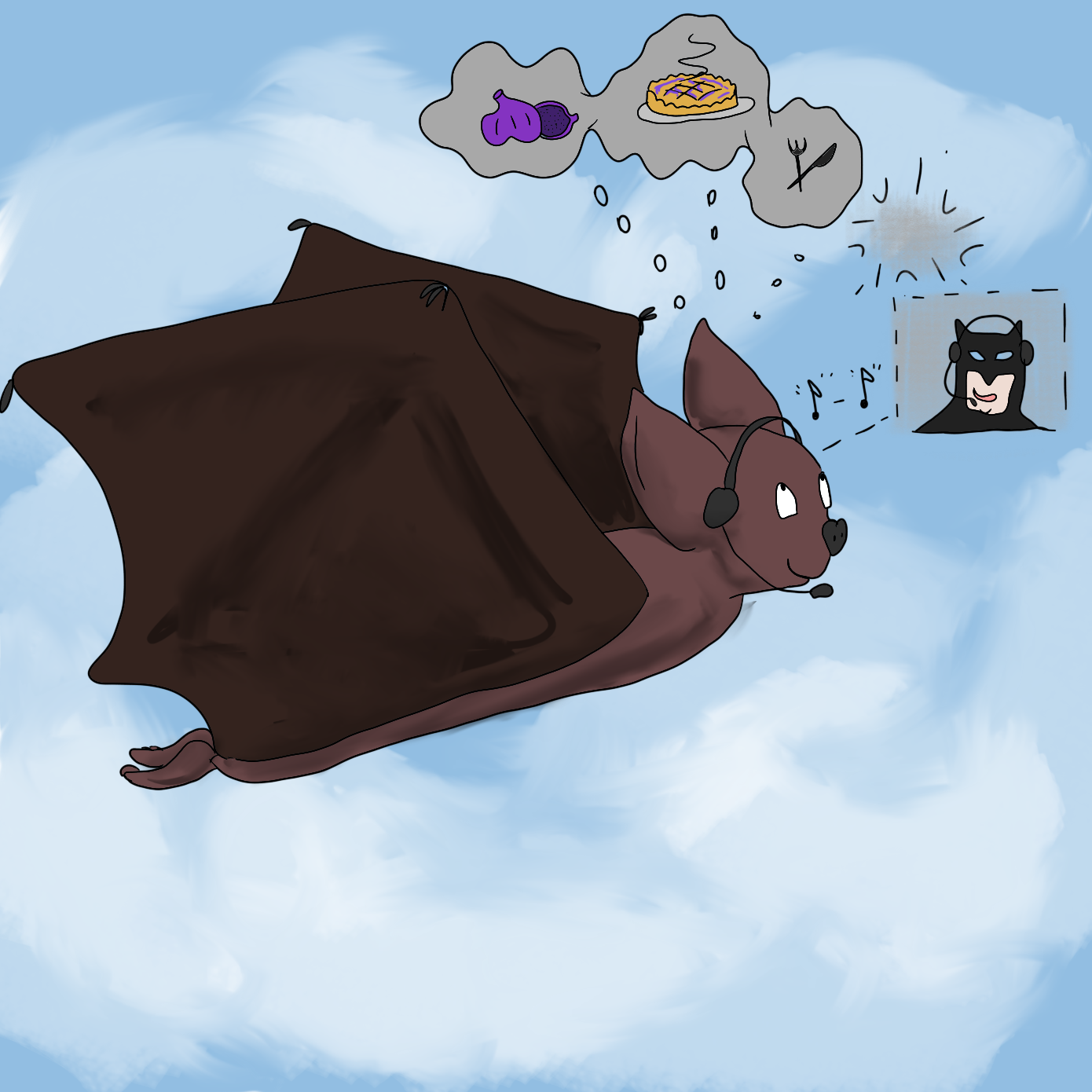This post is also available in Dutch.
Recap about thought types. Thoughts can be involuntary or voluntary. What matters is what we decide to do with them: Can they help me with the task that I have to do or not?
see previous comic on attention
see previous comic Attention versus daydreaming: is it that simple?
Authors: Roselyne Chauvin, Isabelle Malet, Caroline Saunier
Illustration: Roselyne Chauvin
Editing: Myrthe Faber, Jessica massonnié, Annelies van Nuland, Rowena Emaus
Reference:
Christoff, K., Irving, Z.C., Fox, K.C.R., Spreng, R.N., and Andrews-Hanna, J.R. (2016). Mind-wandering as spontaneous thought: a dynamic framework. Nat Rev Neurosci 17, 718–731.
Wang, H.-T., Guilia, P., Charlotte, M., Bzdok, D., Jefferies, E., and Smallwood, J. (2017). Dimensions of Experience: Exploring the Heterogeneity of the Wandering Mind. Psychological Science.
